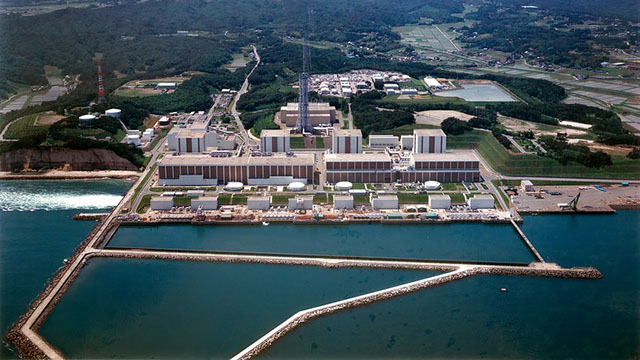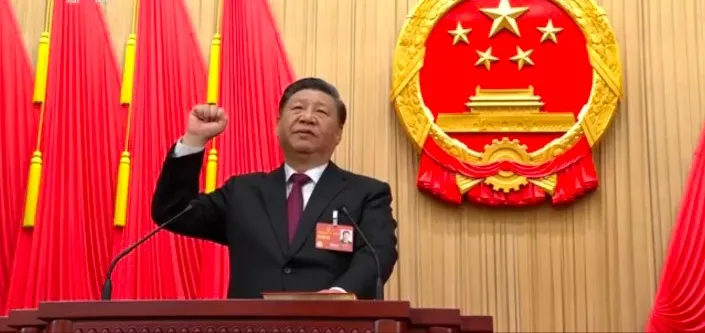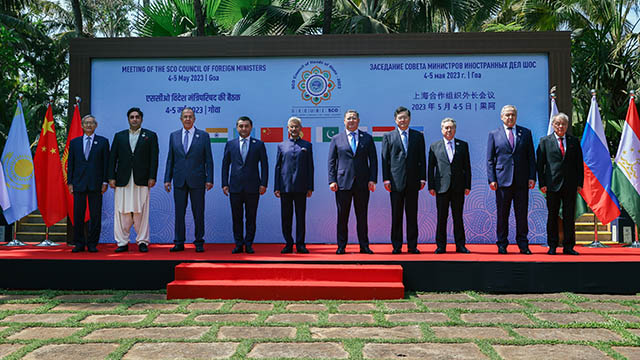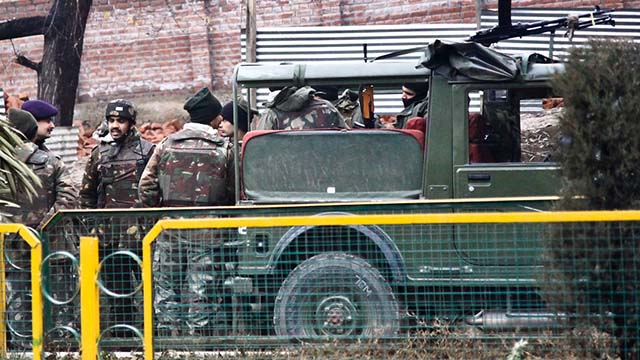Japan’s Daiichi nuclear power plant will start releasing treated and diluted radioactive wastewater into the Pacific Ocean as early as August 24th–a controversial step that the Japanese government says is essential for the decades of work needed to clean up the facility that had reactor meltdowns 12 years ago.
Prime Minister Fumio Kishida gave the final go-ahead Tuesday, August 22nd, at a meeting of his cabinet ministers involved in the plan and instructed the operator, Tokyo Electric Power Company (TEPCO), to be ready to start the coastal release Thursday if weather and sea conditions permit.
The plan, approved two years ago by the Japanese government as crucial to decommissioning the plant operated by TEPCO, has also faced criticism from local fishing groups fearing environmental damage. Moreover, the international community has also opposed Japan’s unilateral decision to release diluted radioactive wastewater into the Pacific Ocean.
“I expect the water release to start on August 24, weather conditions permitting”, Kishida said.
The announcement comes a day after the Japanese government said it had won “a degree of understanding” from the fishing industry regarding its decision to release diluted radioactive wastewater into the Pacific Ocean, even as fishing groups said they still feared the damage would ruin their livelihood.
The water will initially be released in smaller portions and with extra checks, with the first discharge totalling 7,800 cubic metres over about 17 days starting Thursday, TEPCO said. This water is enough to fill 500 Olympic-sized swimming pools.
China has emerged as one of the fiercest opponents to Japan’s plans. Chinese Foreign Ministry Spokesperson Wang Wenbin on Tuesday accused Tokyo of being “extremely selfish and irresponsible” by pressing ahead with its decision to release diluted radioactive wastewater into the Pacific Ocean.
“The ocean sustains humanity. It is not a sewer for Japan’s nuclear-contaminated water”, Wang said at a news conference.
“China strongly urges Japan to stop its wrongdoing, cancel the ocean discharge plan, communicate with neighbouring countries with sincerity and goodwill, dispose of the nuclear-contaminated water in a responsible manner and accept rigorous international oversight”, Wang added.
Hong Kong’s Chief Executive John Lee, meanwhile, “strongly opposes” the decision to release Fukushima power plant’s diluted radioactive wastewater into the Pacific Ocean. Responding to Japan’s announcement, Hong Kong announced import curbs on some Japanese food products as a retaliatory measure.
South Korea, which has been one of the few supporters of Japan in the region, said it sees no scientific problem with the plan to release diluted radioactive wastewater into the Pacific Ocean. Seoul, however, made clear in a statement issued on Tuesday that it “does not necessarily agree with or support the plan.”
Hundreds of activists in South Korea had gathered in Seoul earlier this month to rally against Japan’s plan to release diluted radioactive wastewater into the Pacific Ocean.
Both China and South Korea have banned fish imports from around Fukushima.
Fishing groups in Japan, South Korea and the Philippines have all criticised the release of treated wastewater from the nuclear plant, fearing that it could affect regional resources and the livelihood of coastal communities.
Analysts working for Greenpeace, an environmental group, said they were “deeply disappointed and outraged” by Japan’s decision to release diluted radioactive wastewater into the Pacific Ocean.
“Instead of engaging in an honest debate about this reality, the Japanese government has opted for a false solution —decades of deliberate radioactive pollution of the marine environment— during a time when the world’s oceans are already facing immense stress and pressures”, Shaun Burnie, a senior nuclear specialist at Greenpeace East Asia, said.
“This is an outrage that violates the human rights of the people and communities of Fukushima, and other neighbouring prefectures and the wider Asia-Pacific region”, Brumie said.
The nuclear reactor in Fukushima recorded the deadliest nuclear disaster in March 2011, after Chernobyl (1986), following a massive tsunami and earthquake. Over 19,000 people were killed in the tsunami and earthquake, while over 6,000 were injured. Though Japan evacuated 110,000 residents, it isn’t clear due to Japan’s suppression of information, whether the radioactive reaction had more victims.






